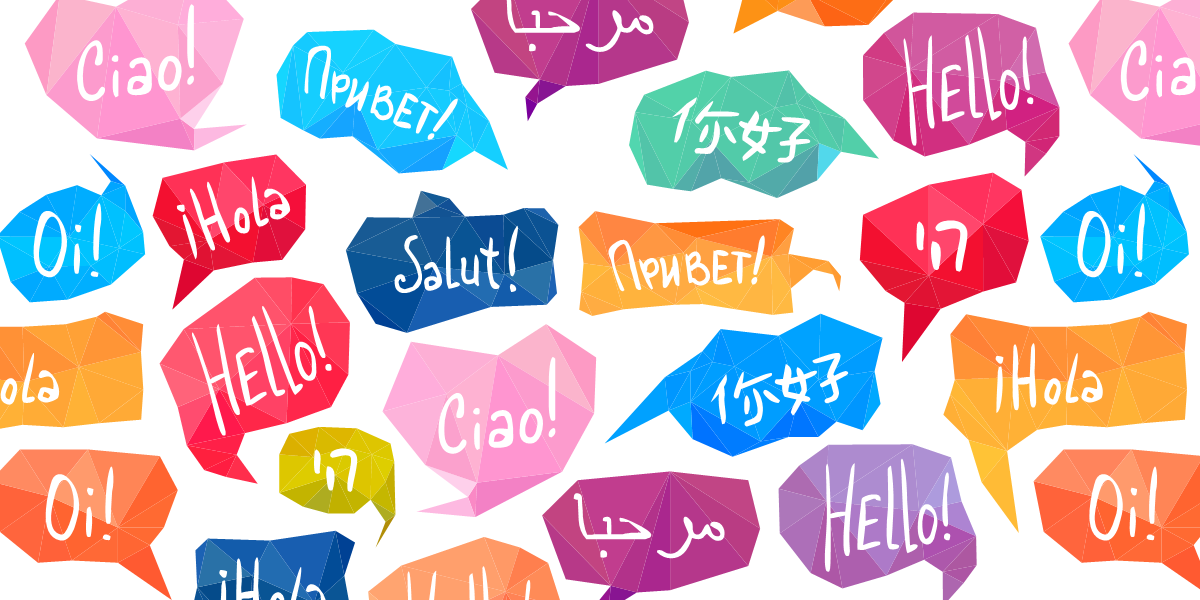Music has long been considered a universal language, capable of transcending cultural barriers and fostering connections among disparate groups of people. Within the Bahá’í teachings, the metaphor of music as the “language of the heart” is particularly poignant, illustrating the deep interplay between spiritual expression and human emotion. This exploration of Bahá’í teachings through the lens of music reveals not only the profound significance of this art form but also highlights its potential as a unifying force in the world.
To embark upon this discussion, it becomes imperative to establish the foundational tenets of the Bahá’í faith regarding the role of music. Bahá’ís hold that music serves as a vehicle for spiritual upliftment and a means of connecting with the divine. Unlike mere entertainment, it resonates deeply with the soul and can elicit feelings of joy, love, and divine inspiration. The Bahá’í writings underscore the idea that music has the capacity to awaken the latent spiritual qualities within individuals, proving vital to personal and communal development.
View music as an intricate tapestry woven from threads of diverse cultural influences. This rich amalgamation enhances its ability to forge bonds among individuals in a global society. Much like a symphony where each instrument contributes to the whole, each cultural expression of music embodies unique characteristics that, when harmonized, create a greater understanding of humanity. In the Bahá’í perspective, this harmonious coexistence embodies the essence of unity—a core principle of the faith.
One of the most compelling aspects of Bahá’í teachings is the emphasis on collective harmony. Just as music requires various parts to create a cohesive sound, so too does humanity necessitate cooperation among its diverse components. The Bahá’í teachings advocate for an appreciation of diversity, positing that the myriad forms of music across the world are reflections of the varying expressions of the human spirit. This recognition fosters tolerance and love among individuals, reinforcing the notion that all humanity is a single family.
Intriguingly, music is often likened to a bridge. It connects the transient nature of worldly existence with the enduring essence of the Spirit. The rhythm and melody evoke emotions that words often fail to encapsulate. They resonate with listeners on a visceral level, echoing sentiments that bind us rather than those that separate us. This symbolic bridge suggests the potency of music in nurturing understanding among people of all backgrounds, facilitating dialogues that are sometimes hindered by linguistic and cultural barriers.
Within this framework, one can reflect upon the historical significance of music in religious traditions, particularly within the Bahá’í context. Throughout history, music has been utilized not merely for leisure but as a means of worship and reverence. In Bahá’í gatherings, music serves to elevate the spirit, galvanizing individuals towards reflection and contemplation. The melodies often act as conduits through which divine messages are transmitted, fostering a collective sense of devotion and unity that transcends individual differences.
Moreover, the concept of the “language of the heart” invites us to explore the emotional depths inherent in music. Music can articulate emotions that are often ineffable, rendering it a particularly potent tool for personal expression. Lyrics steeped in devotion or motifs of love resonate deeply, transcending mere notes and rhythms to touch upon the fundamental aspects of our human experience. This emotional authenticity aligns with Bahá’í teachings, which place considerable importance on the cultivation of virtues such as compassion, empathy, and love—qualities that music can simultaneously express and inspire within us.
The Bahá’í writings often refer to the significance of artistic expression, positing that artistic endeavors, including music, are manifestations of divine creativity. This perspective invites individuals to engage deeply with music, whether as listeners or creators, in ways that reflect their intrinsic connection to the divine. Such engagement serves not only to enrich personal spirituality but also to contribute to the collective spiritual garden of humanity, flourishing with the diversity of expressions that emanate from different cultures and communities.
Innovation within the realm of music reflects this divine creativity. Contemporary artists inspired by Bahá’í principles often infuse traditional motifs with modern styles, creating a fusion that appeals to a broad audience while remaining rooted in spiritual authenticity. This adaptability highlights music’s capacity for evolution, paralleling the Bahá’í belief in the continuous revelation of truth. Each new generation of musicians acts as a vessel of inspiration, carrying forward the melodies of their predecessors while infusing them with novel vigor. Such innovations further unify individuals who might otherwise live in parallel realities.
As we navigate an increasingly interconnected world, the role of music as the language of the heart assumes greater significance. The sounds that emanate from diverse communities can establish a framework through which understanding and compassion are nurtured, overcoming divisions that often beset humanity. The teachings of the Bahá’í faith emphasize that this world—a tumultuous arena fraught with discord—can benefit immensely from the unifying power of music.
In conclusion, the interplay between music and the Bahá’í teachings underscores the profound nature of both. Music serves as a conduit of Divine expression, reinforcing the ideals of unity, love, and compassion. The metaphor of music as the “language of the heart” encourages individuals to delve into the depths of their emotions and connect with others in meaningful ways. As humanity seeks to harmonize its many discordant notes, it is through understanding and appreciation of each other’s melodies that we can strive toward a more cohesive and compassionate world.
